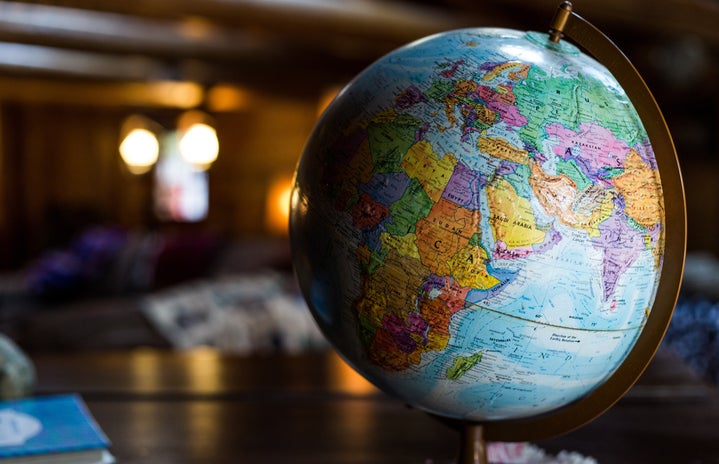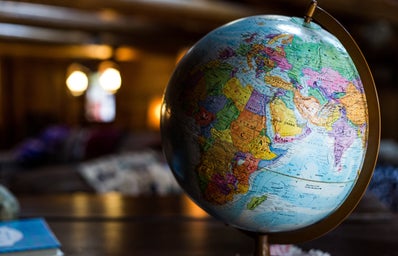“Third culture kid”—it points to individuals who are raised in a culture other than the culture of their parents and the culture of their nationality. I first learned this word through my friend, Jiwon’s Instagram, because she was promoting her book, The Third Culture Teen. I met Jiwon at a pre-college program five summers ago in the United States. We took the same class, Film Analysis, and became really good friends. The program was only two weeks long, so we parted ways but kept in touch through Instagram. I noticed how she became a DJ at her university radio station in her freshman year and that she had started working on a book. I wanted to know more about what she was doing because I found it so inspiring, and her creative work was what made me want to write for Her Campus ICU. I DMed her on Instagram and had the opportunity to catch up over a casual interview. I had a hard time deciding how I wanted to turn our conversation into an article, but I decided to write about my own experience through what I learned from Jiwon.

Jiwon’s book talks about being a third culture kid based on her own experience and some experiences she gathered from others. Jiwon is from South Korea, but she had lived in Malaysia and China for an extended period of time. She is now going to a university in the States and told me that she had a hard time explaining where she was “from.” She discussed the feeling of not belonging to any one place, and I related to that. Have you ever felt as if you don’t belong anywhere? I have. I’m not a third culture kid; I’m a cross-culture kid because I’ve only lived in the United States and Japan, which are where I am from and where my parents are from. Although I’ve lived in Japan for 15 years, I’ve felt like I was an outsider my whole life, especially since middle school. Even in ICU, where people say anyone can fit in, I struggled to find a community where I felt comfortable. I went through a lot during my middle school years, which has changed who I am now.
The transition from an international school to a Japanese school had been pretty intense, and there were a lot of cultural shocks, although I had lived in Japan for seven years by then. The most challenging thing was that I was the only one who was fluent in English in my grade of 240 students. It brought a lot of attention to me from not only students but also teachers. I hated the attention and the comments I got on how I didn’t “look” like I could speak English. There were a lot of things I had to adjust to, and during that process, I kind of grew away from the “American” side of myself and gradually lessened my use of English. I think I stopped speaking it for around two years in middle school because it was what made me so different from others.
Coming to ICU was an eye-opening experience because it’s a place where whoever you are; people don’t care, in a good way. So many of the students have seen and experienced so much that you’re not going to be surprising anyone with your background. I feel more myself than I have ever felt, and talking with Jiwon made me think more about the cultures that have shaped me. She is helping all those third culture kids out in the world, by spreading “third culture kid” so people can use it to identify with it. Jiwon aspires to become a filmmaker, and her work will definitely be influenced by who she is, and I can’t wait to see them!


